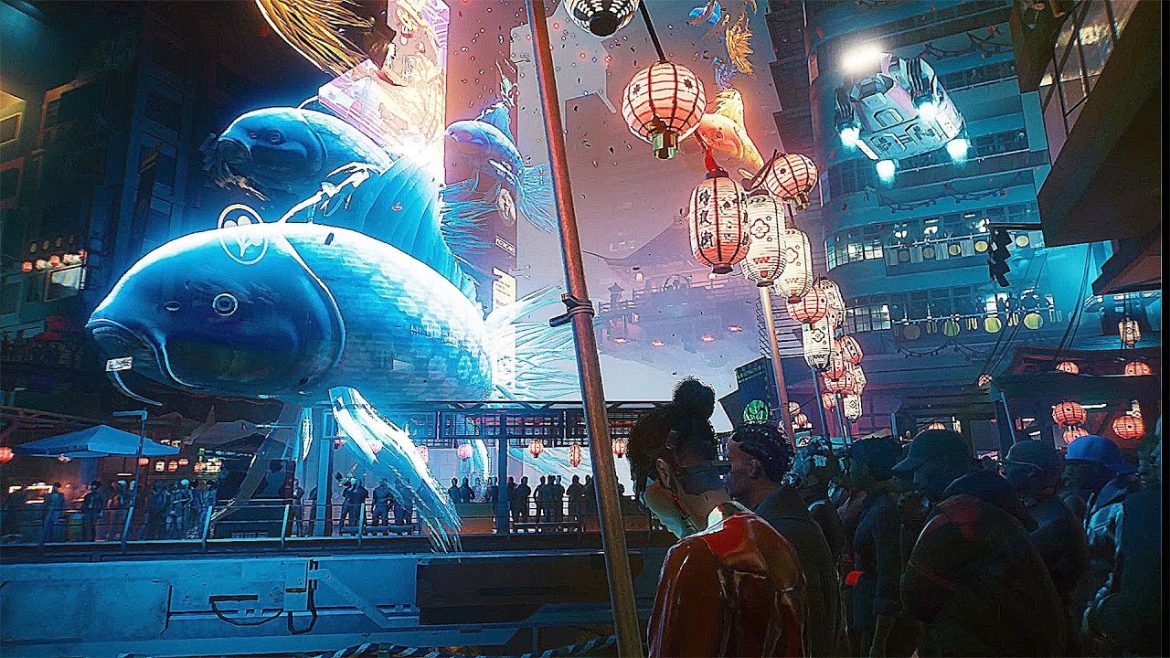Welcome back readers.
There are a couple of updates I’d like to mention this week before we begin. First, the latest episode of Keywords in Play is now live! This episode’s guest is Dr. Brendan Keogh, talking about his new book The Videogame Industry Does Not Exist: Why We Should Think Beyond Commercial Game Production. Check it out!
Secondly, our Patreon-exclusive monthly recap is now live! Remember, now is always the best time to help us keep doing this work, especially as games crit becomes an even more precarious space at outlets of all sizes.
This Week in Videogame Blogging is a roundup highlighting the most important critical writing on games from the past seven days.
Player 621
This week our opening section spans several intersecting themes: agency, identity, and individuation amidst the player-protagonist divide.
- ‘I can’t kill a wolf but will happily watch a Sim drown’: murder and morality in video games | The Guardian
Amelia Tait profiles the personal lines different players draw for themselves in how they interract with game worlds. - On Borrowed Wings | Bullet Points Monthly
Don Everhart prods at the slippage between player and protagonist in Armored Core VI. - Being Replaced in The Talos Principle | Gamers with Glasses
Nate Schmidt strives for a more thoughtful engagement with posthumanism via The Talos Principle.
“I think The Talos Principle serves to point us in a direction that has so far gone relatively unexplored as we argue in the public sphere about Chat-GPT writing first-year composition essays and DALL·E stealing images from DeviantArt. Conversations like these are important, but advancements in AI are also opportunities to interrogate cultural assumptions about the meaning of cognition—how we define the things about ourselves that are fundamentally irreplaceable.”
Post-Production
Next let’s highlight a pair of thoughtful developer interviews about both their recent releases and the circumstances of their production.
- Midautumn builds upon Hades to explore an Asian diaspora experience | Eurogamer
Khee Hoon Chan talks with developer Sherveen Uduwana about Midautumn‘s inclusive, roguelike approach to telling a story about Asian diaspora and gentrification. - El Paso, Elsewhere Wears Its Bloodstained Heartbreak on Its Sleeve | IGN
Rebekah Valentine chats with Xalavier Nelson Jr. about heart and humanity on the knife’s edge of game dev precarity.
“Nelson laments what he sees as a trend from industry publishers and investors to demand that studios like his make their games less risky by effectively risking the physical and mental health of their staff. “The assumption around the process of building games is that it must be harmful on some layer for it to have the chance of being successful,” he says.”
ROM and RAM
This started as a section about Cyberpunk 2077, recently enjoying a certain critical renaissance amid the release of its singular expansion, but grew into a larger conversation about authorial intent, critical and commercial memory, and what it means to preserve games both as artificats and as discourses.
- Cyberpunk 2077 didn’t just redeem itself — it pushed open worlds further | Polygon
Bianca Ryckert makes the case that time and polish have allowed to Cyberpunk 2077 to tell the stories it meant to tell from the start. - you wouldn’t download a sigma virus | a weapon to surpass blaming yourself or god while knee-deep in the dead
Chuck Sebian-Lander muses on the role that romhackers play in preserving the authenticity and identity of games while commercial publishers typically only preserve a profit motive. - Cyberpunk’s Critical Reevaluation Feels Rushed | No Escape
Kaile Hultner is wary of the short memory of games discourse as Cyberpunk 2077‘s cultural and labour pitfalls are sanded off alongside its technical ones (curator’s note: Kaile now works for Critical Distance running our monthly roundup and Patreon newsletter).
“I’m having fun in Cyberpunk 2077, and maybe there will come a day where I will have completely forgotten what it was before, and what it took to get here, and who was harmed in its production and release. And that bothers me.”
Watch Your Step
Next, let’s explore some of the (literal) pitfalls of spatial design in games.
- King’s Field III: Much more—and much less—than meets the eye | Kimimi The Game-Eating She-Monster
Kimimi returns to From Software’s formative franchise, only this third entry feels a bit shallow. - Space in Translation | Unwinnable
Jay Castello explores what happens when D&D trades in the imaginative space of tabletop for the navigable space of videogames.
“But what Baldur’s Gate 3 loses in creativity by being a simulation, it gains in slapstick. The game revels in the opportunities it gains by using D&D’s mechanics in a space represented visually and dynamically. Push every enemy off ledges, they say. It’ll be funny.”
Critical Chaser
Let’s sign off this week with something a little different.
- Here’s how games have influenced synth-pop pioneers Gunship | TechRadar
Ali Shutler sits down with Briitish synthpop duo Gunship to talk about Quake, imagination, and play.
“Sleek goth-banger DooM Dance pays homage to the band’s long love of first-person shooters. Both Haigh and Gingell got into level-modding through Doom and the band regularly hosts Quake matches on their Discord. “I really thought I was going to rain down ungodly rocket launcher deaths but I get owned most of the time,” admits Haigh. Unicorn takes influence from Sonic Mayhem’s soundtrack for Quake II while Trent Reznor, in particular his work on Quake, is a “huge influence on everything” Gunship does.”
Subscribe
Critical Distance is community-supported. Our readers support us from as little as one dollar a month. Would you consider joining them?
Contribute
Have you read, seen, heard or otherwise experienced something new that made you think about games differently? Send it in!


